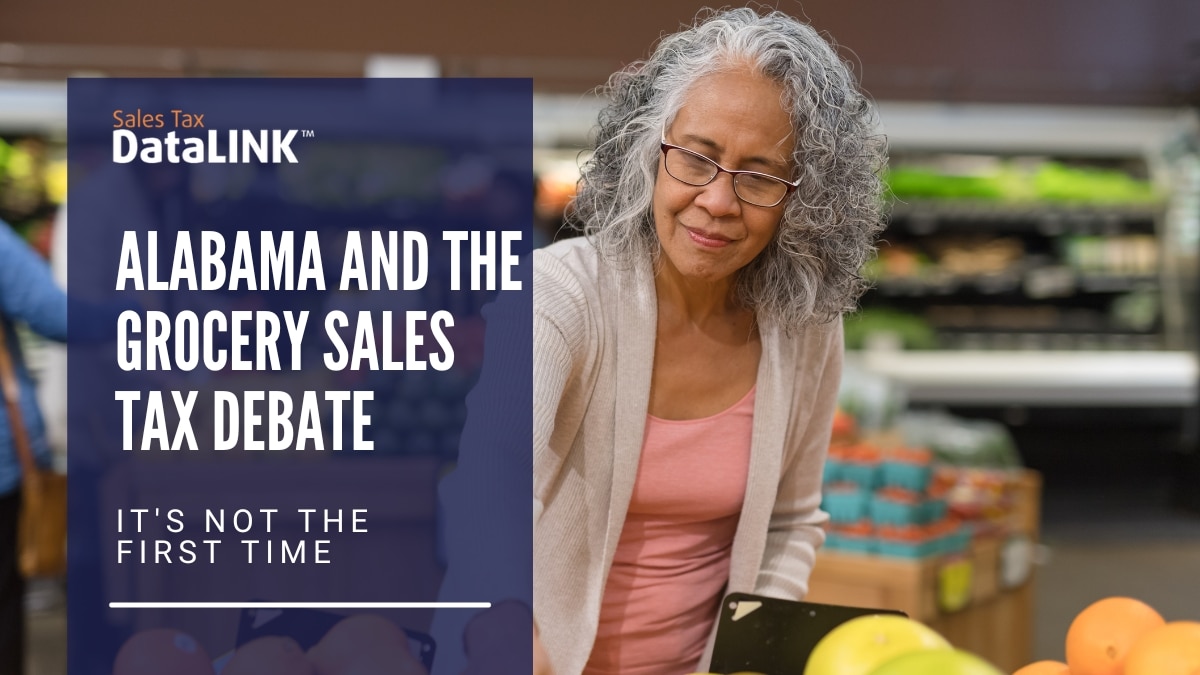Alabama state legislators are looking at sales tax on grocery items again this year—and it’s not the first time. Sales tax on groceries is an issue that’s been looked at by legislators more than once in Alabama, especially since they’re one of the last states with full sales tax on groceries where most other states have reduced or eliminated sales tax on groceries within their borders. The problem in Alabama is balancing the budget without the grocery sales tax revenue. If the bill passes, every business, not just groceries, will be affected in Alabama. The bill being considered in the Alabama State House eliminates the sales tax on groceries completely. Sponsored by Republican Senator Gerald Dial, the Senate Majority Whip, the bill eliminates the sales tax on groceries and increases the overall state sales tax on all other goods to 5 percent from the current rate of 4 percent.
The transition would occur over a long period, with a .25 percent change every year for four years for the state rate and a 1 percent change every year on groceries. It would also phase out the 3 percent sales tax on coin-operated machines over a three-year period. But what’s the motivation behind this change? “The most regressive tax we have is on food” Dial stated during a hearing. While the concepts behind regressive and progressive taxes are complex to understand and oft-debated topics, regressive taxes affect those with little money the most, such as sales tax, and progressive taxes affect those with more money the most, like income tax.
Since sales tax is the same regardless of how much you earn, those with little money to spend lose a larger portion of their earnings to regressive taxes than those with more money to spend. Dial’s goal is to help Alabama’s poor by ending the grocery tax and making food more accessible for Alabama residents. If you do business in Alabama, it’s wise to keep your eyes on this bill. While some experts don’t think it’ll get past the Senate, there’s always the possibility.




